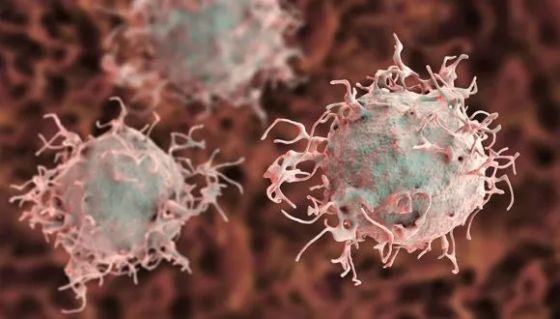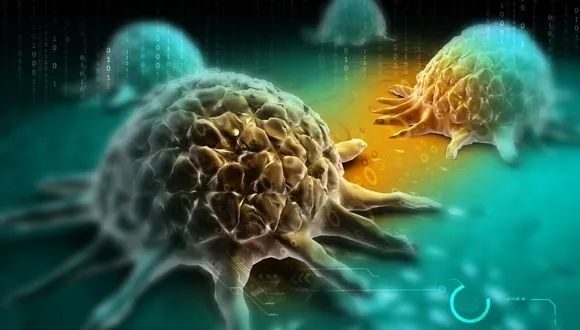A new study conducted at Tel Aviv University and the Sheba Medical Center reveals how melanoma cancer cells affect their close environment to support their needs – by forming new lymph vessels in the dermis to go deeper into the skin and spread through the body. The researchers believe that the new discovery may contribute to the development of a vaccine against the deadly cancer.
The Hidden Mechanism
The scientific breakthrough was led by Prof. Carmit Levy of Tel Aviv University’s Sackler Faculty of Medicine and Prof. Shoshana Greenberger from the Sheba Medical Center. The study was funded by ICRF (the Israel Cancer Research Fund) and its results appeared in the Journal of Investigative Dermatology published by Nature.
“We demonstrated for the first time that in the first stage, in the epidermis, melanoma cells secrete extracellular vesiculas called melanosomes.” – Prof. Shoshana Greenberger

The researchers (from left): Prof. Carmit Levy and Prof. Shoshana Greenberger
Melanoma, the deadliest of all skin tumors, starts with uncontrolled division of melanocyte cells in the epidermis – the top layer of the skin. In the second stage the cancer cells penetrate the dermis and metastasize through the lymphatic and blood systems.
In previous studies a dramatic rise was observed in the density of lymph vessels in the skin around the melanoma – a mechanism that was not understood by researchers until now.
“Our main research question was how melanoma impacts the formation of lymph vessels, through which it then metastasizes,” explains Prof. Greenberger. “We demonstrated for the first time that in the first stage, in the epidermis, melanoma cells secrete extracellular vesiculas called melanosomes.”
What are these vesiculas and how do they impact their environment? Examining this in human melanomas from the Pathology Institute, the researchers demonstrated that melanosomes could penetrate lymph vessels. They then examined their behavior in the environment of actual lymph vessel cells and found that here too the melanosomes penetrate the cells and give them a signal to replicate and migrate. In other words, the primary melanoma secretes extracellular vesiculas that penetrate lymph vessels and encourage the formation of more lymph vessels near the tumor, enabling the melanoma to advance to the lethal stage of metastasis.
“If we can stop the mechanisms that generate metastases in lymph nodes, we can also stop the disease from spreading” – Prof. Shoshana Greenberger
Melanoma’s Stealth Tactics
Prof. Carmit Levy adds that, “melanoma cells secrete the extracellular vesiculas, termed melanosomes, before cancer cells reach the dermis layer of the skin. These vesicles modify the dermis environment to favor cancer cells. Therefore, melanoma cells are responsible for enriching the dermis with lymph vessels, thereby preparing the substrate for their own metastasis. We have several continuing studies underway, demonstrating that the melanosomes don’t stop at the lymph cells, as they also impact the immune system, for example.”
A Promising Vaccine Hope
Since melanoma is not dangerous at the premetastatic stage, understanding the mechanism by which the metastases spread via the lymphatic and blood systems can hopefully contribute to the development of a vaccine against this deadly cancer.
“Melanoma that remains on the skin is not dangerous,” says Prof. Greenberger. “Therefore, the most promising direction for fighting melanoma is immunotherapy: developing a vaccine that will arouse the immune system to combat the melanosomes, and specifically to attack the lymphatic endothelial cells already invaded by the melanosomes. If we can stop the mechanisms that generate metastases in lymph nodes, we can also stop the disease from spreading.”

















